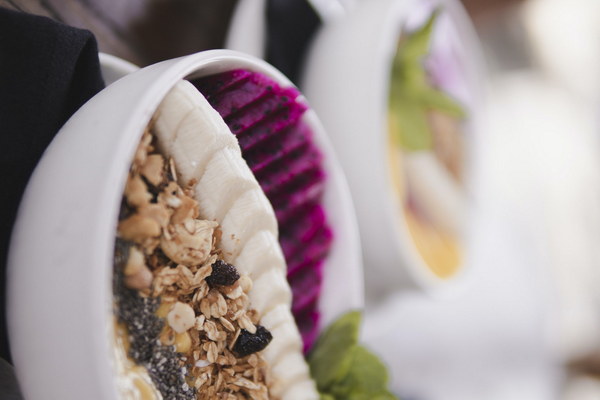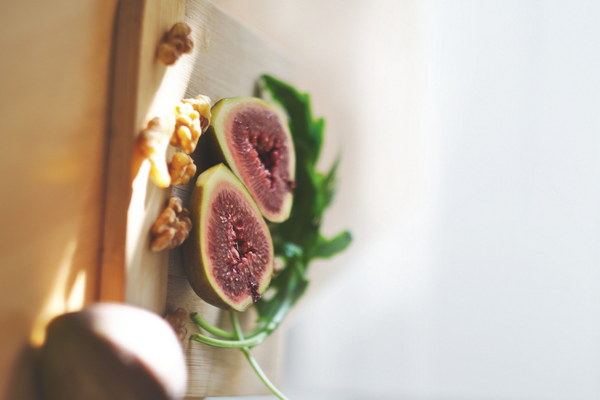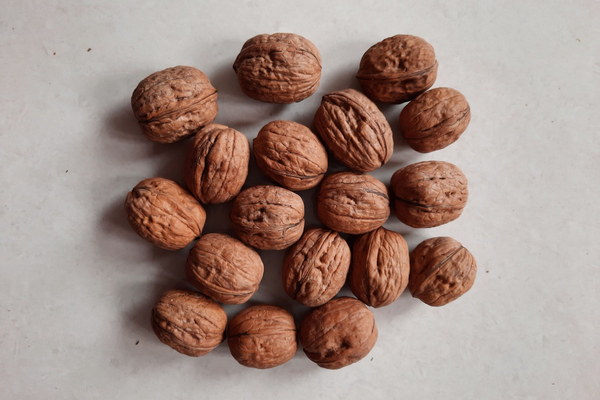Top Chinese Herbs for Lung Tonification and Care
The practice of traditional Chinese medicine (TCM) has been around for thousands of years, and it offers a wealth of natural remedies for various health conditions, including lung-related issues. Lung tonification, a key aspect of TCM, aims to strengthen and nourish the lungs, improving their function and overall health. Here's a look at some of the most commonly used Chinese herbs that are renowned for their lung-tonifying properties.
1. Gan Cao (Licorice Root)
- Scientific Name: Glycyrrhiza uralensis
- Uses: Gan Cao is a versatile herb that is often included in lung-tonifying formulas due to its ability to harmonize the body's Yin and Yang. It helps to moisten the lungs and alleviate dry coughs and sore throats.
2. Bai Zi Ren (Biota Seeds)
- Scientific Name: Semen biotae
- Uses: Bai Zi Ren is known for its ability to nourish the lung Yin and alleviate symptoms of chronic cough and dryness. It is often used in combination with other lung-nourishing herbs.
3. Bei Mu (Fritillaria Bulb)
- Scientific Name: Fritillaria thunbergii
- Uses: Bei Mu is a popular lung-nourishing herb that is used to treat dry coughs, sore throat, and respiratory dryness. It is particularly effective for conditions where there is a deficiency of lung Yin.
4. Xuan Shen (Scrophularia Root)
- Scientific Name: Scrophularia ningpoensis

- Uses: Xuan Shen is another herb that is highly regarded for lung nourishment. It is often used to treat chronic cough, dry throat, and respiratory infections due to Yin deficiency.
5. Ma Hua (Herba Ephedrae)
- Scientific Name: Ephedra sinica
- Uses: While Ma Hua is typically used for its decongestant properties, it can also be used to support lung health by clearing away phlegm and opening up the respiratory passages.
6. Xiang Sha Yu Ling San
- Uses: This is a famous herbal formula in TCM, composed of several herbs including Atractylodes, Amomum, and Licorice. It is used to treat cough with phlegm, especially when the phlegm is thick and difficult to expel.
7. Shu Di Huang (Rehmannia Root)
- Scientific Name: Radix rehmanniae
- Uses: Shu Di Huang is a kidney-nourishing herb that also supports lung health by tonifying the Yin. It is often used in conjunction with other lung-nourishing herbs to treat chronic coughs and respiratory dryness.
8. He Huan Pi (Mimosa Tree Bark)
- Scientific Name: Albizia julibrissin
- Uses: He Huan Pi is used to calm the mind and nourish the lungs. It is particularly useful for treating emotional stress-related respiratory issues, such as dry coughs and sore throats.
When using Chinese herbs for lung tonification, it is important to consult with a qualified TCM practitioner, as the selection and dosage of herbs should be tailored to the individual's specific condition and constitution. Herbs can be taken in various forms, including decoctions, powders, tinctures, and capsules, and they can also be combined with dietary and lifestyle recommendations to enhance their therapeutic effects.
While Chinese herbs can be a valuable part of lung care, it is always advisable to complement herbal treatments with other health-promoting practices, such as adequate rest, a balanced diet, and regular physical activity. By combining these natural remedies with a holistic approach to health, individuals can work towards achieving a stronger, healthier respiratory system.









